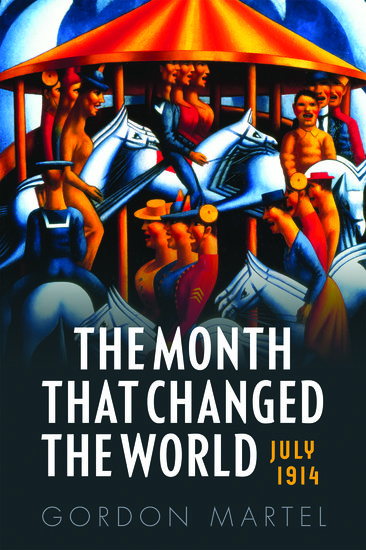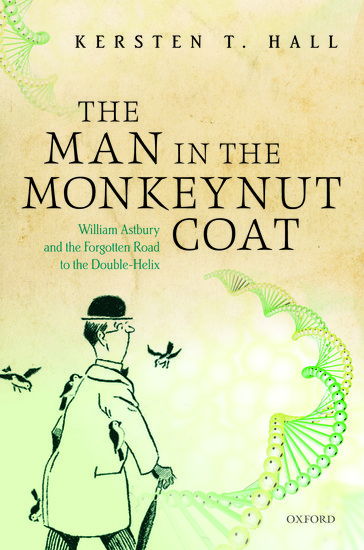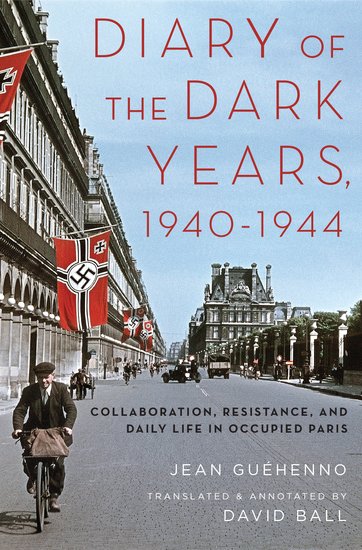The month that changed the world: Monday, 6 July to Sunday, 12 July 1914
Having assured the Austrians of his support on Sunday, the kaiser on Monday departed on his yacht, the Hohenzollern, for his annual summer cruise of the Baltic. When his chancellor, Theobald von Bethmann Hollweg, met with Count Hoyos and the Austrian ambassador in Berlin that afternoon, he confirmed that Germany would stand by them ‘shoulder-to-shoulder’.







